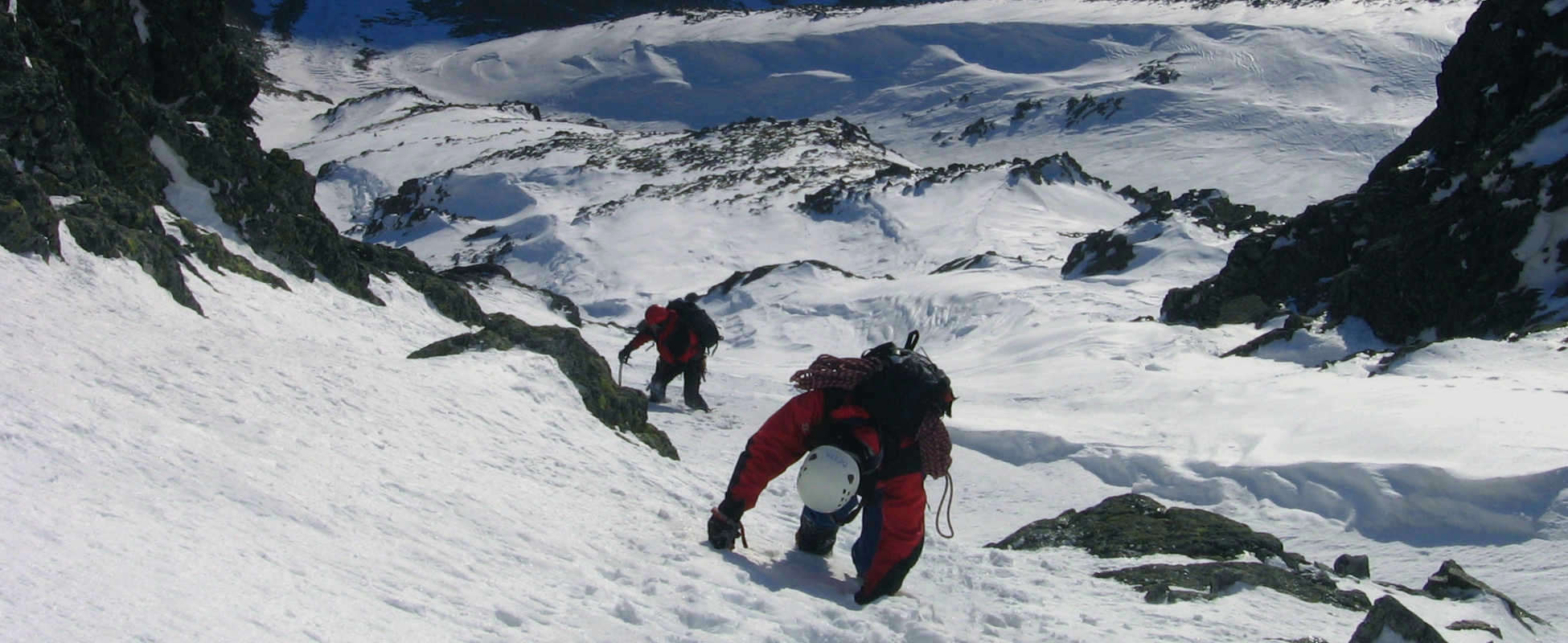When you live at lower altitude and suddenly get to travel up to 3000+ meters you are likely to feel some effects from some degree of altitude sickness.
Here you have a few tips to deal with it, so that it doesn’t spoil your trip.
Obviously this is not expert medical advice, but we think we have learned a thing or two about this issue from our experience in the tourism and adventure business plus from actually living here for many years.
Although each person reacts in their own unique way to altitude, the following are general suggestions anyone will benefit from.
Stay Hydrated
In such a dry climate like that of Cusco or La Paz, drinking plenty of water is essential for your body to feel good.
Acclimatize Before Trekking or Climbing
In a time when fast-travel is the norm, take a moment to slow down. You never know how you are going feel at high altitude before you actually get there, so always take into account that you might be not in your best shape. Many people like to reserve several tours in advance and squeeze them in in a very tight schedule, a while that could perfectly work, it is not rare for us to get last-minute cancellations due to sudden sickness upon arrival. Our recommendation is that you should consider taking a couple of days off chilling out before attempting big tours such as for example a Machu Picchu trek or a climb like Huayna Potosi in Bolivia. Not only is this good for your health, but also it saves a lot of potential trouble to your wallet.
Drink Coca Tea
Coca leaves are so powerful when it comes to altitude sickness. You can find this sacred plant easily enough in most local markets for a super cheap price. You can use them to make a ”mate” or, if you want a stronger taste, you can make a ball out of a handful of leaves and keep it in your mouth on the side squeezing out the juice, like most locals do. Either way, coca properties are of the most indicated to fight altitude sickness.
Avoid or Limit Alcohol, High Sugar Items & Junk Food
No need to really explain this right? Make sure you eat as healthy as possible and avoid unnutritious food as much as you can. Snacks are an important source of calories during long hiking stretches, so only when you are in motion, not if you are not doing any type of exercise.
Get Plenty of Sleep
Make you sure you get enough sleep – for your first night in a high altitude city you might want to pay a bit more to get a private, silent room in a quiet hotel to completely recover from the journey.
Finally, if you are still feeling the effects of altitude sickness, you can drop by any pharmacy and by the specific pills for altitude sickness, which are also called ”sorojchi” or ”sorochi” pills.
On a final note, remember it is normal to have a bit of a headache, lose appetite and have a heavy breathing during the first couple of days at +3000 m – we hope you found these tips useful but of course if after a few days you are still heavily sick, then you should definitely see a doctor. Having a good travel insurance is a great investment and well-spent money if you are travelling to areas with extreme conditions.

